Indications Contraindications Stages of operation Video Our advantages Prices
 Phacoemulsification - is a method of surgical treatment of cataract, which is ultrasonic fragmentation of a cloudy lens in the eye, its removal with the subsequent installation of artificial analogue – intraocular lens (IOL). Development and execution of this type of surgery the ophthalmologists started almost four decades ago, in the 70-ies of the last century. Currently the method is recognized as the most reliable and effective of radical cure of cataract. The World Health Organization (WHO) called ultrasonic phacoemulsification with IOL installation the only fully rehabilitative treatment among all used today in medicine.
Phacoemulsification - is a method of surgical treatment of cataract, which is ultrasonic fragmentation of a cloudy lens in the eye, its removal with the subsequent installation of artificial analogue – intraocular lens (IOL). Development and execution of this type of surgery the ophthalmologists started almost four decades ago, in the 70-ies of the last century. Currently the method is recognized as the most reliable and effective of radical cure of cataract. The World Health Organization (WHO) called ultrasonic phacoemulsification with IOL installation the only fully rehabilitative treatment among all used today in medicine.
When a surgery is required
It is not possible to cure cataract by means of medication only, the use of the eyedrops is only able to briefly slow down the progression of the disease. The only method by which one can cured of cataract is surgery, the safest and most predictable of any surgeries is phacoemulsification. Once the diagnosis is proved, surgical removal of the cloudy lens can be performed at any time, and it would be correct to do it early, not waiting for the disease progression and complications.
In the past, due to the lack of an adequate surgical technique, the patient with cataract was recommended to wait for its "ripening" (i.e. the stage of the disease, when the lens hardens and becomes fully opaque), with the sharp reduction of vision. Since the process of ripening of cataract is often long-term (5-10 years), patients had to submit to a lot of restrictions for years, violating the habitual way of life (inconveniences when reading and doing homework, difficulties driving a car, professional unsuitability).
Today in ophthalmology are used advanced technologies that allow not to detain the treatment of cataract for many years and if there are indications successfully remove the cataract at early stage of the disease.
Taking into account the severity of possible complications, doctors do not recommend to postpone the cataract surgery. With the progression of pathological changes in the lens, it does not only lose its transparency, but also increases in size, which leads to violation in circulation of intraocular fluid: secondary glaucoma develops, which if untreated leads to irreversible sight loss.
Contraindications
Among the major restrictions to the operation should be mentioned hypertension and diabetes in stage of decompensation, exacerbation of chronic infectious diseases (especially from the nasopharynx). But these patholigies do not exclude performing phacoemulsification in cases where the expected benefits will certainly be more possible than complications for the patient.
Stages of operation

The day before or on the day of surgery it is recommended to take a shower and wash hair. The surgery is painless, and is performed under local (drip) anesthesia and usually lasts 15 – 20 minutes. If cataract affected both lenses, surgery on both eyes in one day is not performed. The best break between the operations is considered at least 3 weeks, i.e. until the moment when the operated eye.
1. After the anesthesia, the surgeon makes an incision (about of 1.8-3 mm) of the cornea, through which all subsequent steps are performed.
2. To protect other structures of the eye from exposure of ultrasonic radiation and mechanical damage in the eye using a cannula a substance called viscoelastic is being entered.
3. 3. At the next stage through the same incision inserts a special probe (phacoemulsificator), which with the help of ultrasound breaks the lens and turns it into emulsion. Chopped content is aspirated from the eye through the probe tip (Fig.2).
4. Then in the released capsular bag, the doctor inserts a flexible intraocular lens which will perform the functions of the lens. The lens is installed folded through the incision on the cornea, after the introduction it itself gets securely fixed. (Fig.3).
5. When the installation of IOL is completed, the surgeon with the help of irrigation solution washes away the remains of the viscoelastic from the anterior chamber of the eye, and the operation is completed (Fig.4.).
Video of the surgery
Advantages of phacoemulsification in Moscow Eye Clinic
1. The surgery is performed on an outpatient basis in the "one day", hospitalization is not required. Stitchching is not necessary after the surgery, because it is self-sealing. Our specialists will provide you with qualitative preoperative and postoperative services to a full recovery.
2. In our clinic we use only the most modern equipment (Takagi operating microscope OM-18, Alcon Phacoemulsificator Infiniti), which ensures flawless execution of all steps of the operation and eliminates the possibility of technical errors.
3. Our doctors have an extremely wide practical experience of surgical treatment of cataract. In the Clinic operating surgeon is a doctor of the highest category Fomenko Natalia Ivanovna, who has performed more than 12 000 successful operations. Due to to the high professionalism of our doctors and the use of modern technologies Moscow Eye Clinic guarantees the patients with cataract best result and regression of vision.
4. For replacement of removed cloudy lens our doctors use intraocular lenses of the highest quality from leading world manufacturers (aspheric, multifocal, accommodative). This provides a reduction of complications and better visual acuity after surgery. These lenses do not require replacement over time and have no expiration date.

Price of phacoemulsification surgery
The cost of removal of crystalline lens by phacoemulsification in Moscow Eye Clinic (without the cost IOL) starts from 45 000 rubles (for one eye). The cost of phacoemulsification cataract surgery with installation of modern IOL manufactured in the USA, Germany or the UK in our clinic starts from 50 000 rubles. The final cost is determined after consultation with a specialist, depending on the model of the installing lenses and condition of the patient's eye.
In the postoperative period the patient receives all the necessary drops for free, final check-ups also do not require additional payment.
You can ask our experts any questions you have by phone in Moscow: 8 (800) 777-38 81 and (499) 322-36-36 (daily from 9:00am to 9:00pm) or online by using appropriate form on the website.


 Semenovskaya
Semenovskaya 










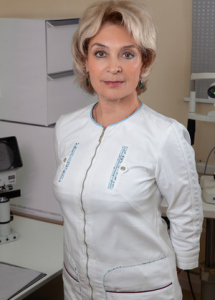
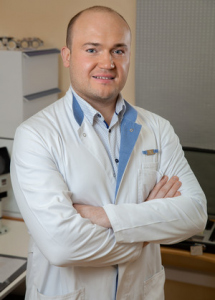
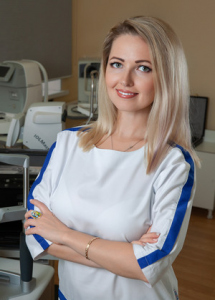
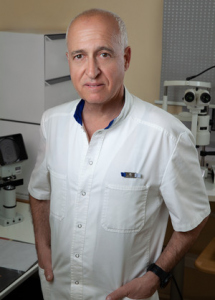
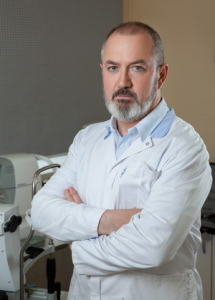
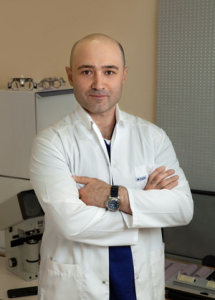

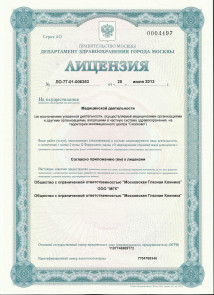
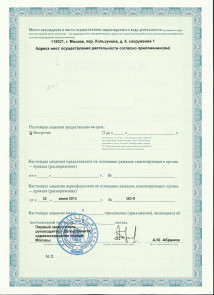
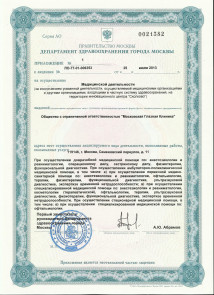
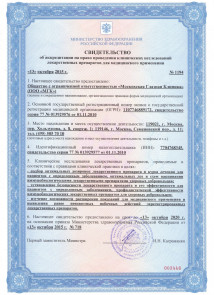
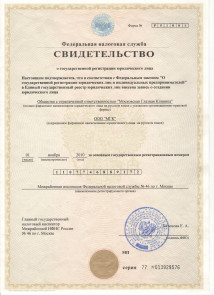
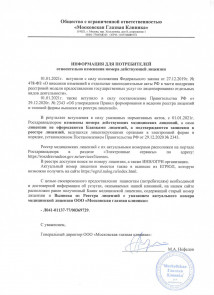

_214x295_ead.jpg)